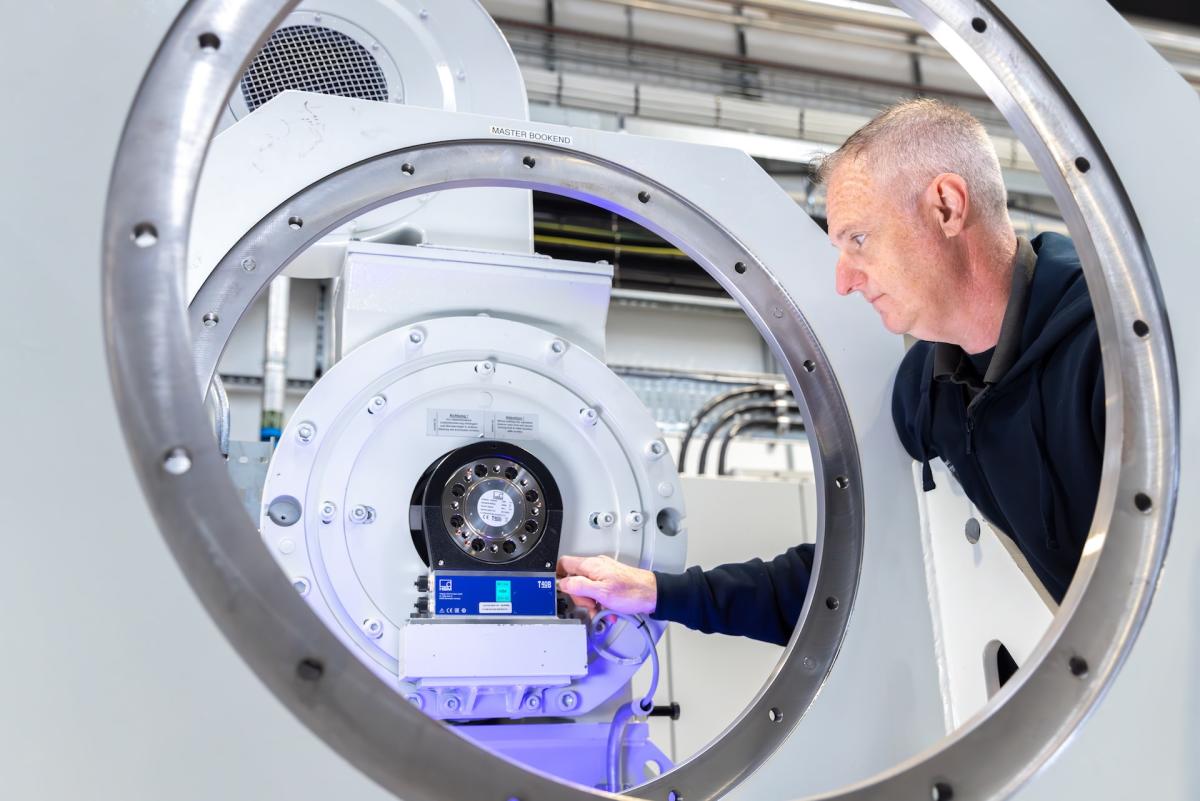Innovation at the University of Nottingham: Towards Net-Zero Air Travel with Cryogenic Hydrogen-Electric Propulsion
Key Ideas
- The University of Nottingham is investing £5.3 million in research for a cryogenic hydrogen-electric propulsion system for sustainable aircraft.
- Hydrogen has the potential to reduce aviation's planet-heating pollution by up to 50%, offering a path towards net-zero air travel.
- In addition to hydrogen, other innovative technologies like a 'solar tower' for jet fuel and low-carbon alternative fuels are being explored to combat aviation's carbon emissions.
- The aviation industry's move towards sustainable solutions like hydrogen propulsion plays a crucial role in curbing global warming and its associated impacts on human life and the environment.
The University of Nottingham in the UK is embarking on a £5.3 million research initiative to develop a cryogenic hydrogen-electric propulsion system that could revolutionize air travel by paving the way for net-zero emissions. The project aims to utilize cryogenic technology to store hydrogen in liquid form at extremely low temperatures, enhancing its energy density and addressing current fuel storage limitations that hinder the adoption of hydrogen-powered aircraft. Professor Chris Gerada, leading the strategic research and innovation efforts at the university, expresses optimism about achieving the vision of net-zero air travel through pushing technical boundaries.
The potential of hydrogen in reducing aviation's environmental impact is significant, with estimates suggesting a 50% reduction in planet-heating pollution compared to traditional fuels. Airbus recognizes hydrogen as a key player in decarbonizing the aviation sector. Addressing the pressing need to combat climate change, advancements in sustainable aviation technologies are crucial.
Beyond hydrogen, innovative solutions such as the 'solar tower' for converting carbon pollution and water into jet fuel and the production of low-carbon alternative fuels show promise in mitigating aviation emissions. These developments signal a shift towards a greener aviation industry, essential in tackling global warming and its adverse effects on agriculture and ecosystems. By investing in cutting-edge technologies and sustainable practices, the aviation sector can play a pivotal role in combating climate change and safeguarding the planet for future generations.
